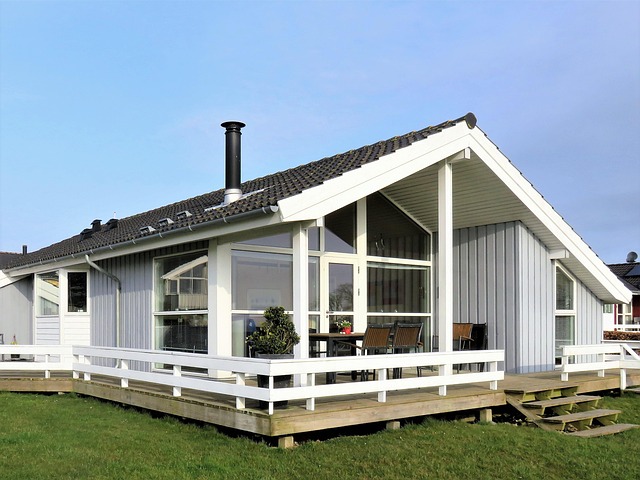
With the rise of platforms like Airbnb and Vrbo, short-term vacation rentals have become a popular way for homeowners to earn additional income. But turning a property into a successful rental requires more than just handing over the keys. Unlike long-term rentals, short-term stays introduce a unique set of demands that require ongoing diligence and a proactive maintenance strategy. If overlooked, these can quickly lead to costly repairs, guest complaints, and property damage.
Here are the key reasons why short-term vacation rentals demand greater attention to detail:
1. Higher Turnover = More Wear and Tear
In a traditional lease, one tenant may occupy a space for years, creating predictable usage patterns. In contrast, short-term rentals often host new guests weekly, or even nightly. Each turnover introduces a new set of habits, cleanliness standards, and wear on the home’s systems—everything from the locks and light switches to the plumbing and appliances is in constant use. This accelerated wear means even minor issues can become major problems faster than expected.
2. Guests Have High Expectations
Guests paying for a short-term stay expect hotel-like cleanliness and functionality. A dripping faucet or flickering light might be tolerable in a long-term lease, but in a vacation rental, these can result in negative reviews that hurt your listing’s reputation. Routine inspections before and after each stay are essential to identify issues that may not be visible during general cleaning.
3. Security and Safety Requirements Are Higher
Short-term guests are unfamiliar with the property, increasing the importance of visible, functioning safety features. Smoke detectors, carbon monoxide alarms, GFCI outlets, and secure handrails aren’t just important—they’re essential. Many states and municipalities, including those in the Northeast, have begun tightening regulations on short-term rentals, particularly around fire safety and egress. Staying ahead of compliance is not only smart—it’s necessary.
4. Hidden Issues Can Escalate Quickly
Because short-term guests won’t typically report minor issues—or may not even notice them—underlying problems can go unnoticed until they escalate. For example, a slow leak behind a washing machine or a soft spot in the flooring may only be caught during a thorough property inspection. Without regular checkups, you risk turning a small fix into an expensive repair.
5. Seasonal and Regional Stressors
In regions with cold winters and humid summers, like much of New England, seasonal extremes can put extra stress on a property. Frozen pipes, condensation, and HVAC inefficiencies are common issues. Vacation rentals require seasonal prep and post-season evaluations to keep them operating safely and efficiently year-round.
Final Thoughts
Short-term rentals can be lucrative—but they are not passive investments. Ongoing maintenance and thorough inspections are vital to protecting your property, your guests, and your income. A proactive approach ensures the rental remains a positive experience for everyone involved, while also safeguarding the long-term value of your investment.

